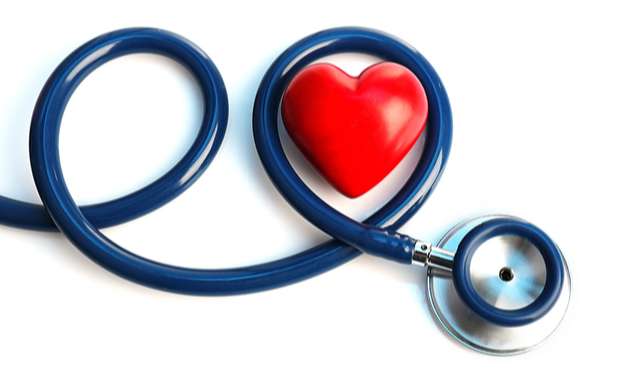How High Blood Pressure Affects Your Body

High blood pressure or hypertension is aptly called the “silent killer” because it can quietly damage your body for years before any symptoms develop. It puts stress on your heart and your arteries and can raise the chances of a heart attack or stroke.
Over time, your arteries could cut back on blood flow affecting other organs like the brain, kidneys, eyes, and genitals. Treatment and lifestyle changes can help control your high blood pressure to reduce your risk of life-threatening complications.
The Effects of High Blood Pressure on Your Body
Here’s a look at the complications that hypertension can cause when it’s not effectively controlled.
-
Arteries
Hypertension first starts showing in the arteries. Normally the vessels that carry blood from the heart to the rest of the body are strong, flexible and have a smooth inner lining. But high blood pressure changes all that because the extra force of the blood begins to damage the inner walls of the arteries.
If the pressure is not curtailed, it can cause tears in the lining, increasing the possibility of plaque buildup. When the arteries get clogged, it hinders the smooth circulation of blood causing blocks in the arteries. These deposits can also cause the walls to stiffen, making it difficult for the blood to move.
This is the most common cause for an aneurysm, where the damaged artery wall stretches and bulges out like a balloon, causing it to break open and bleed.
-
Heart

Your heart is responsible for pumping blood to the entire body. Uncontrolled high blood pressure can put a strain on your heart and cause the heart muscles to weaken and work less effectively. In people who have hypertension, the heart has to work overtime to push blood through stiff or clogged arteries.
An overworked heart can become larger than normal and the walls of the heart start losing strength. This could lead to a heart attack or heart failure. An irregular heartbeat (arrhythmia) and chest pain (angina) are also some hypertension-related ailments that affect the heart.
-
Kidneys
1 in 5 people with hypertension is also diagnosed with kidney disease. The normal functioning of the kidneys is dependant on a network of tiny blood vessels that carry oxygen and nutrients and filter out waste from the body. Hypertension causes these blood vessels to get clogged giving rise to kidney disease.
Inversely, a pair of healthy kidneys play an important role in keeping your blood pressure in check. So, when the kidneys are damaged, your blood pressure could go up, which further deteriorates your kidneys. If this ongoing loop continues, it could also lead to kidney failure.
-
Brain

Hypertension is the leading cause of stroke. When an artery in the brain tears, leaks or gets clogged due to plaque, it can affect the flow of blood to the brain. Depending on which part of the brain is not getting enough blood, this can cause problems related to language, vision, movement or any other organs that your brain controls. If the blood flow is restored, permanent damage to the brain can be avoided.
Inadequate or less blood supply to the brain cells can cause vascular dementia which keeps you from thinking clearly and remembering day-to-day tasks.
-
Eyes
Tiny, delicate blood vessels transport blood to the eyes. Long-term high blood pressure can squeeze off blood flow and damage the blood vessels. Fluid may build up under the retina, making you lose focus of objects. These blocks can cause distortion of vision and even result in complete loss of vision.
-
Other Effects Of Hypertension

High blood pressure can also affect other parts of your body:
- Genitals - Less blood flow to your reproductive organs can cause erectile dysfunction in men and a lower sex drive in women.
- Legs, Hips, And Stomach - Cramping and pain in the lower body is a common sign of narrow and blocked arteries. Because it’s not affecting the blood vessels in the proximity of your heart, this ailment is called peripheral artery disease (PAD) and causes sore muscles in the legs and hips.
- Bones - High blood pressure may make you excrete too much calcium through urine. This results in a decrease in calcium levels from the bones and raises your chances of osteoporosis. This condition is more common in older women who have weak bones that break easily.

- Sleep Apnea - Half the people with hypertension have a condition where breathing gets interrupted during sleep. This condition is called obstructive sleep apnea where the throat muscles relax causing you to snore loudly. Sleep deprivation from sleep apnea can further increase your blood pressure.
- Genitals - Less blood flow to your reproductive organs can cause erectile dysfunction in men and a lower sex drive in women.
Managing blood pressure is a lifelong commitment. Listen to your doctor and keep yourself informed on how to monitor your blood pressure and act on this information by adopting a heart-healthy life.






